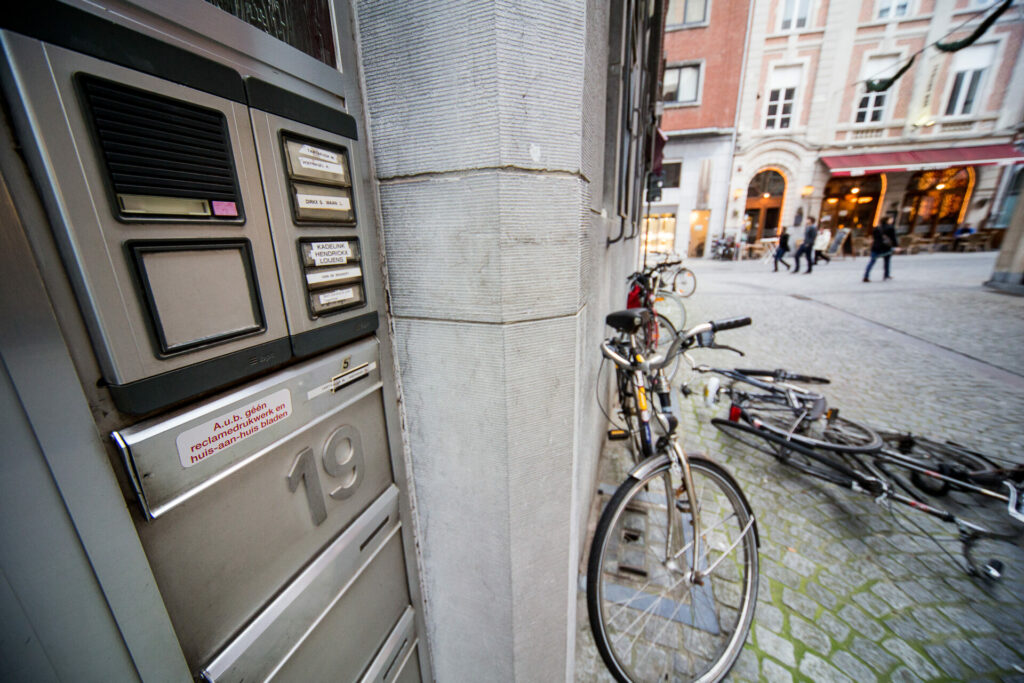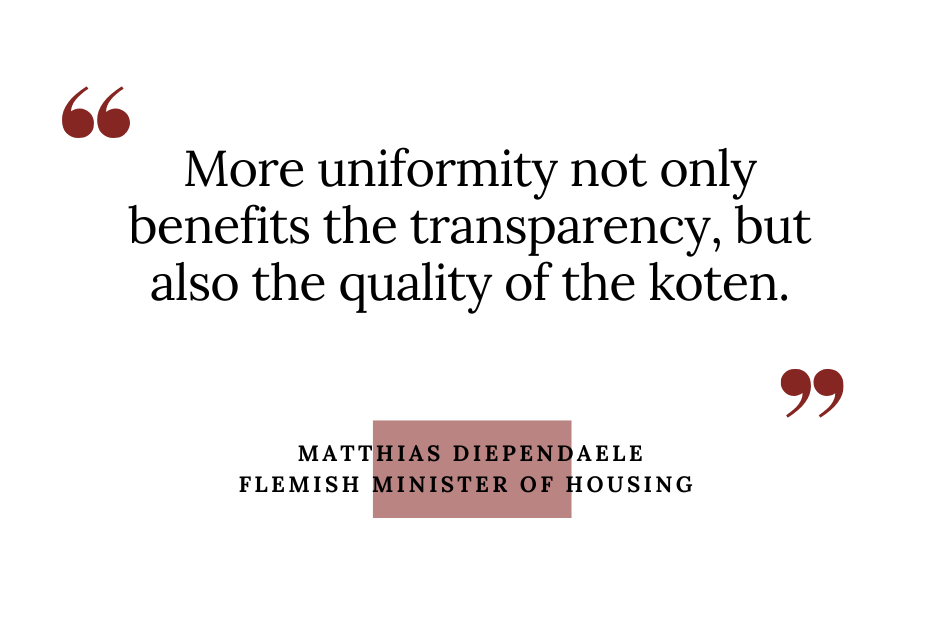The system to rate so-called "koten" or student housing in Flanders is currently fragmented, leading to a lack of clarity about the quality of rooms. A universal label now aims to change this.
Until now, student cities and higher education institutions could choose for themselves how to define the quality of the accommodation. They generally chose their own criteria, making it difficult to compare different offers in terms of quality and safety. But from January 2024, a new label will provide greater transparency, Flemish Minister of Housing Matthias Diependaele announced. The measure is the result of discussion between the relevant parties to improve the student housing market.
"A Flemish 'kotlabel' will bring transparency and uniformity," Diependaele explained.
Three criteria
The new system will assess all student rooms according to three parameters: housing quality standards, fire safety, and whether the kot received planning permission.
With a uniform label, students will be able to expect the same quality in any city. The label will be introduced at the beginning of 2024 and will be issued by local authorities. In the coming months, it will be digitally inserted in the Flemish Desk for Housing Quality (VLOK).
"All relevant info will be transparent and accessible online. In this way, students will be able to see at a glance where quality koten are located on a map of Flanders," Diependaele said.
Landlords must report to local authorities that they are offering student accommodation so systematic checks can be carried out. However, the label will not become compulsory. "It is obviously recommended, given that this will become the new norm," Diependaele noted.
Landlords can also apply for the label themselves from 2024 and will be provided with a physical label to advertise their certified status.
Related News
- Flanders puts brakes on anglicisation of master's degrees
- 'Housing first' project launched in Brussels city centre to help tackle homelessness
The kot label was welcomed by the Flemish student association VVS, which also argued that the supply of koten must increase to ensure every student can not only find a qualitative but also affordable room.
This call comes in light of rising prices due to the acute shortage of koten, leaving some without a room just weeks before the academic year started in 2022. Diependaele said that the region remains committed to increasing the supply of koten to temper the rising rent prices.


